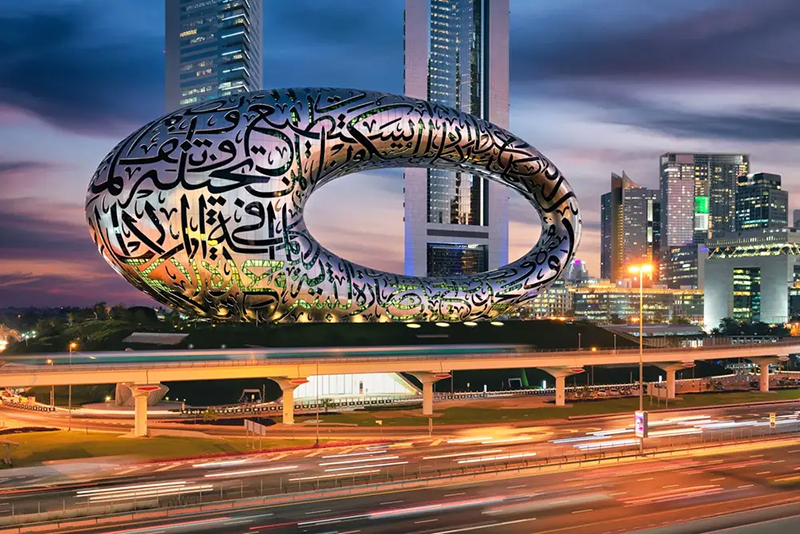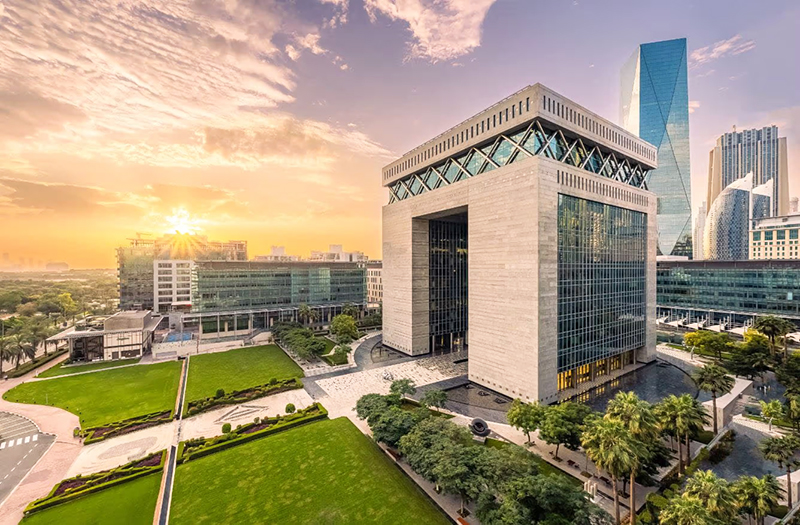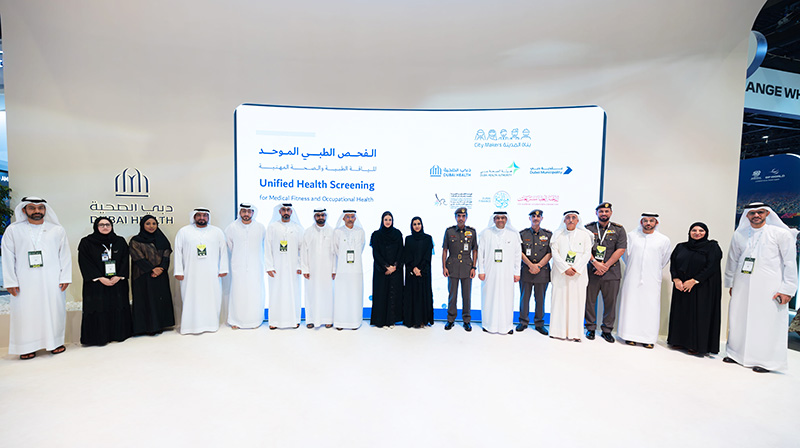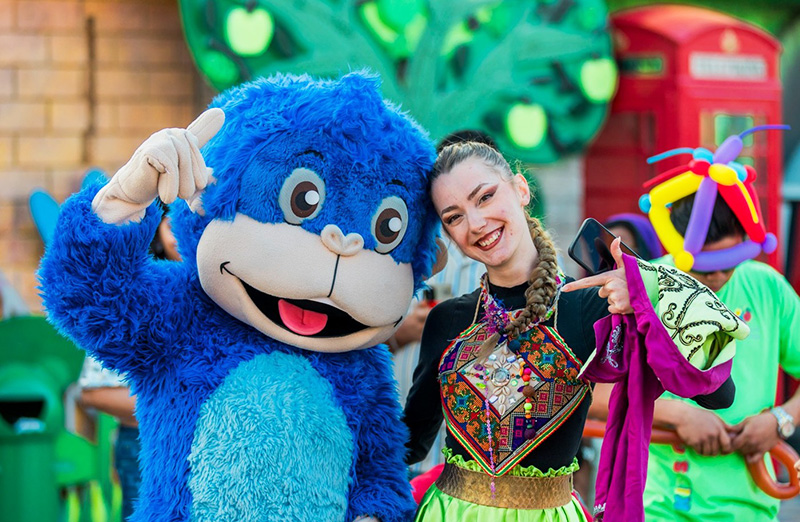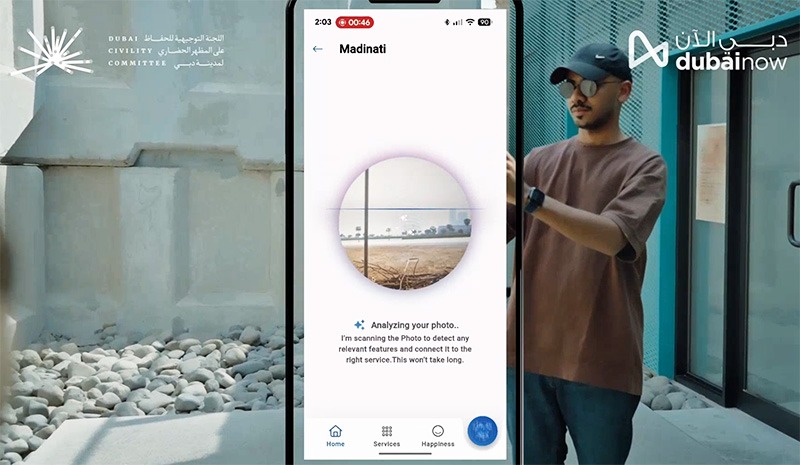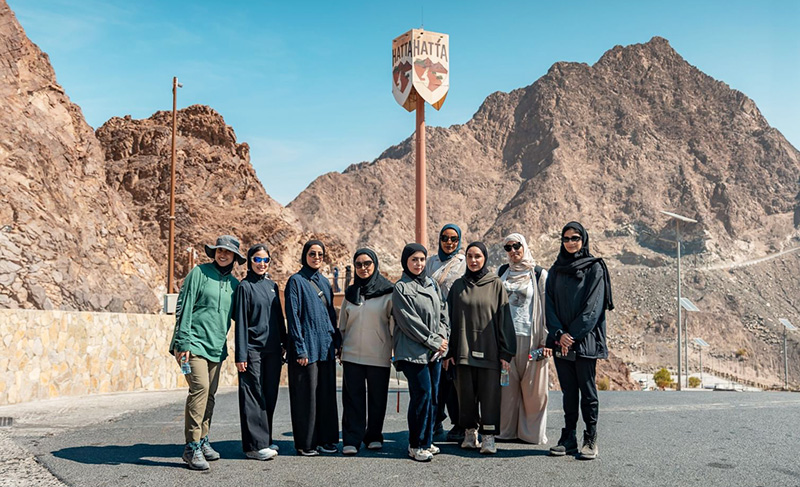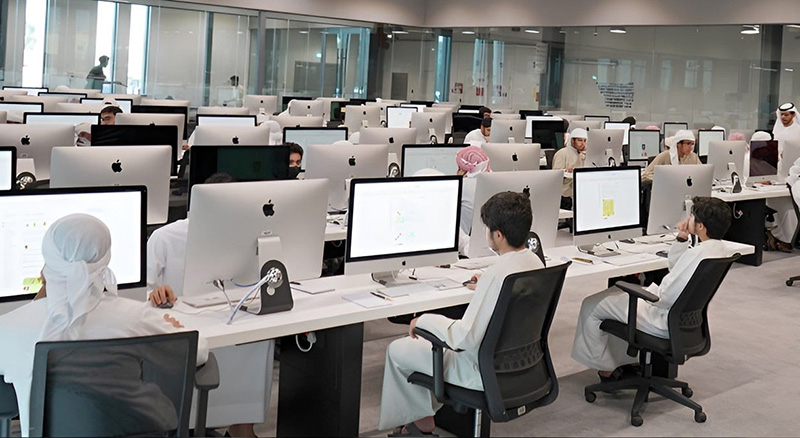
The United Arab Emirates is taking a bold step toward the future by introducing Artificial Intelligence (AI) as a standalone subject in its school curriculum. With more than 1,000 teachers specially trained to teach the subject, the initiative reflects the country’s commitment to shaping a new generation that’s ready for tomorrow’s world.
Rather than adding AI as a side topic or optional module, the Ministry of Education has designed a dedicated, structured program that starts early in a child’s academic journey. Students in the first and second grades will attend two AI classes each week, while third graders will have one session weekly. This gradual approach gives students a chance to absorb basic concepts without overwhelming them, building a solid understanding that can grow with them over time.
What’s remarkable about this plan is the way it combines high-level training with age-appropriate content. The teachers selected for this program weren’t simply handed a syllabus—they were thoroughly trained and equipped to explain AI in ways that young learners can actually connect with. Instead of diving into technical jargon, the lessons focus on real-world examples, storytelling, and interactive activities that spark curiosity.
The decision to roll out AI lessons at such an early stage isn’t just about staying trendy—it’s a strategic move. As industries worldwide continue to rely more heavily on automation, data, and machine learning, having a strong grasp of AI will no longer be a specialized skill—it’ll be a basic requirement. The UAE is making sure its students won’t just keep up, but lead.
Beyond technical knowledge, students will also begin to explore the ethical and social implications of artificial intelligence. This kind of balanced education ensures they understand both the power and the responsibility that comes with new technologies.
By embedding AI into the curriculum and investing in qualified educators, the UAE is setting a new standard for what future-ready education looks like. It’s not just about catching up with the world—it’s about preparing students to shape it.
